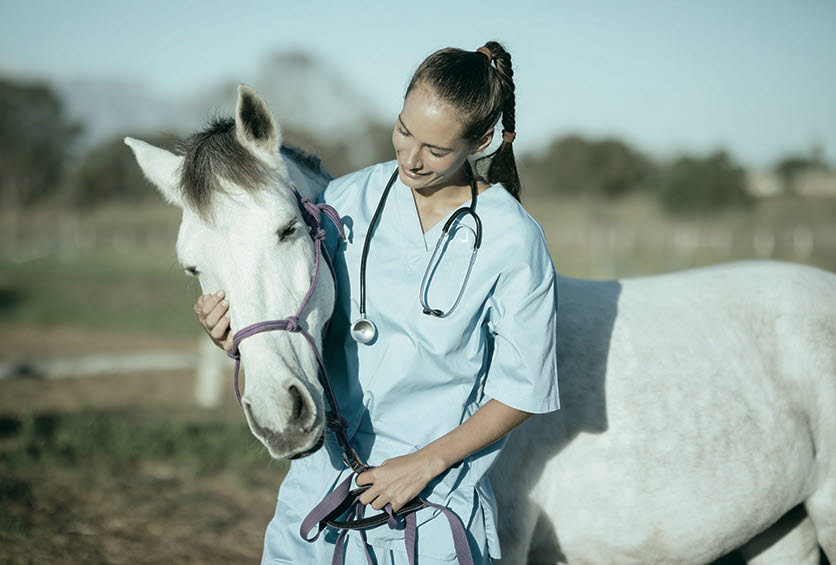
As a final year veterinary student it can be tempting to accept the first job offer you receive. Being able to answer the question “where are you going to work?” feels priceless, however it is worth taking the time to consider some other aspects in your search.
1. What kind of life do you want outside of work?
What is important to you? Do you like to see family every week? Can’t miss a pottery class? Search for jobs in an area where you can tick some of these boxes. The first year of any career is going to involve a myriad of challenges and it is important for your mental and physical health to have activities outside of work to switch off.
It is tempting to “concentrate on work” for the first six months thinking you need time to adapt to your new tasks however it is amazing how energising an activity away from veterinary medicine can be, especially when it gives you something to look forward to after a long week.
2. What is your ideal first job profile?
Take five minutes to jot this down and be realistic. Things to think about include:
- Which animals do you want to work with and not work with?
- How many hours are you willing to work per week, making sure you still have time for yourself.
- Will you be paid by hour or by salary?
- What is the level of support? Specifically, will there always be at least one other vet in the clinic in the first six months?
- Are your colleagues more than five years out? A large proportion of new or recent graduates should ring alarm bells.
- If there are out of hours, from when and until when will you be attached to a mobile? And who is going to come down to the clinic if you run into trouble? An inability to guarantee a veterinarian as backup is a red flag.
3. Do some “clinical” research
Leverage your contacts and get a recommendation from at least one reliable source who knows the clinic personally. I received my first job offer interstate and when I dug a little deeper no-one in my network, at my veterinary school or the school interstate, had heard of the clinic. I was optimistic and keen for a challenge and have since, very unfortunately, learnt to be cautious.
To a certain extent, making a false start or ending up in an unsuitable clinic is a form of learning which makes you appreciate when you arrive in a good practice. However, after listening to stories from colleagues I think it is best to let you know, as the new up-and-comers, about the importance of identifying not only what you want for you career but what keeps you going outside of it.
Seek advice from as many recent graduates as you can before signing that contract (after sending it to the AVA to be checked first). Above all, search smart and it will pay dividends whilst you lay the foundations of your future veterinary career.
This article originally appeared in the June 2019 Australian Veterinary Journal.
